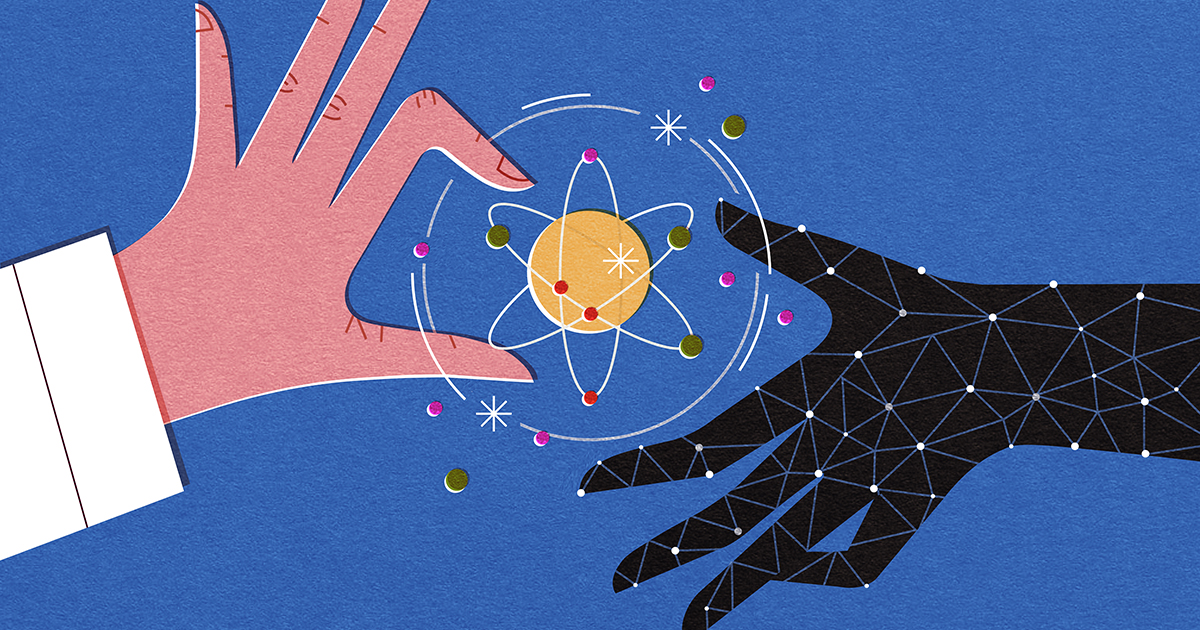The Interrogator's Algorithm: When AI Flips the Script on Human Inquiry

For centuries, technology has been the trusty companion of scientific discovery—a reliable toolbox enabling researchers to explore the unknown. But as artificial intelligence evolves, it's no longer just a passive instrument. Today, AI is actively generating research questions, designing experimental methods, and challenging traditional scientific paradigms.
This transformative shift has sparked profound introspection among scientists worldwide. As AI demonstrates increasingly sophisticated capabilities in hypothesis generation and methodological innovation, researchers are grappling with a fundamental question: What will be their unique role in an era of intelligent computational research?
The boundaries between human creativity and machine intelligence are blurring. Where scientists once exclusively crafted research strategies, AI now collaborates—and sometimes leads—in conceptualizing groundbreaking investigations. This emerging landscape promises unprecedented opportunities but also demands a reimagining of scientific practice.
Researchers are not becoming obsolete; instead, they're being called to adapt. Their emerging role involves curating, interpreting, and providing critical ethical oversight to AI-driven research processes. The future of science lies not in competition with artificial intelligence, but in a dynamic partnership that amplifies human ingenuity through computational power.
